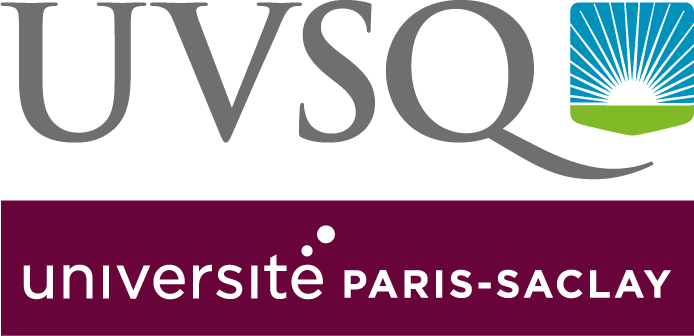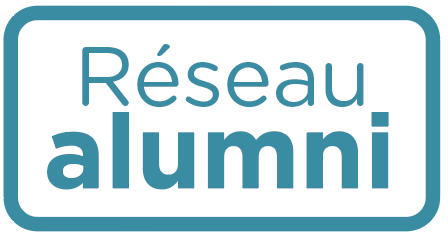Vous êtes ici : UVSQ RechercheHabilitation à diriger des recherches
- Publié le 13 juillet 2021
- Version PDF
" Evaluation et amélioration des performances ventilatoires et motrices des patients atteints de handicap ventilatoire" par Clément MEDRINAL
le 29 septembre 2021
Le Mercredi 29 septembre 2021 à 14 H
ID de réunion : 756 1898 0891
Code secret : tYp77B
Discipline :Science de la rééducation / Réadaptation
Ce mémoire d’Habilitation à Diriger des Recherches (HDR) est articulée autour de deux grands chapitres. Le premier chapitre correspond à nos
travaux sur les faiblesses musculaires acquises en réanimation. Nous étudions les différentes atteintes musculaires, les moyens de diagnostic précoce,
leur pronostic fonctionnel ainsi que les moyens de prévention ou de rééducation. Ces travaux sont axés sur des recherches reproductibles par les
cliniciens au quotidien en utilisant des outils d’évaluation non invasifs permettant leur emploi facilement au lit du malade.
Le deuxième chapitre s’applique à la réhabilitation respiratoire des patients présentant une insuffisance respiratoire chronique. L’objectif de ces
recherches sont d’optimiser les capacités à l’effort des patients présentant un handicap respiratoire, de faciliter la continuité des programmes de
réhabilitation et d’identifier les risques d’exacerbation par l’interprétation des performances à l’effort des patients insuffisants respiratoires adultes.
Nos perspectives de recherches vont s’orienter vers deux axes de recherches : (1) Optimiser l’intensité de la réhabilitation précoce des patients
sédatés ; (2) Identifier et cibler les patients à risques de développer des faiblesses musculaires
Abstract:
This habilitation to conduct research (HDR) is structured around two main chapters. The first chapter corresponds to our work on muscle weaknesses
acquired in intensive care unit. We have studied the different muscle damage, the means of early diagnosis, their functional prognosis as well as the
ways of prevention or rehabilitation. This work was focused on research that can be reproducible by clinicians on a daily activity using non-invasive
assessment tools that allow them to be easily used in the patient's room.
The second chapter applies to the pulmonary rehabilitation of patients with chronic respiratory failure. The objective of these works was to optimize
the exercises capacities of patients with respiratory disabilities, to facilitate the continuity of pulmonary rehabilitation programs and to identify the
risks of exacerbation by interpreting exercise capacities of patients with chronic respiratory failure.
Our research perspectives will be oriented by two lines of research: (1) Optimizing the intensity of early rehabilitation with sedated patients; (2)
Identify and target patients at risk of developing muscle weakness
Respiratoire Expérimentale et Clinique, Paris, France. Rapporteur.
Pr Samir Jaber, Department of Anesthesia and Intensive Care Unit, Regional University Hospital of Montpellier, St-Eloi Hospital, University of Montpellier,
PhyMedExp, INSERM U1046, CNRS UMR, 9214, Montpellier Cedex 5, France. Rapporteur.
Pr Jean-Marc Baste, Rouen University Hospital, Department of Thoracic Surgery, Normandie Univ, UNIVROUEN, INSERM U1096, Rouen, France. Rapporteur.
Pr France Mourey, INSERM U1093-CAPS, Université Bourgogne Franche-Comté, UFR des Sciences du Sport, F-21000 Dijon, France.
Pr Djillali Annane, General Intensive Care Unit - Assistance Publique Hôpitaux de Paris, Raymond Poincaré Hospital, Assistance Publique- Hôpitaux de Paris,
Inserm UMR 1173, Infection and Inflammation (2I), University of Versailles Saint-Quentin en Yvelines (UVSQ), Paris-Saclay University, Paris, France.









 Etudiants
Etudiants